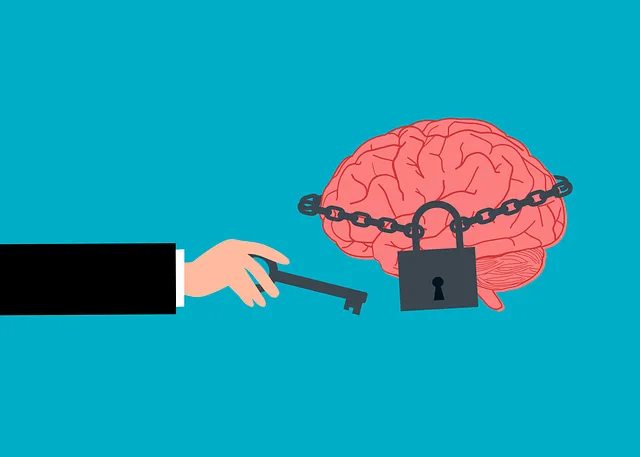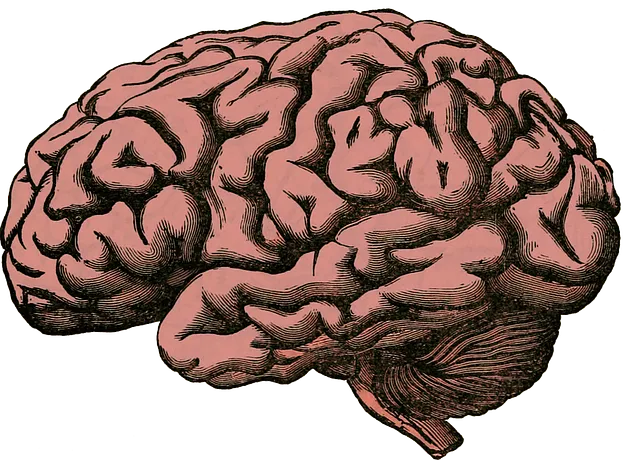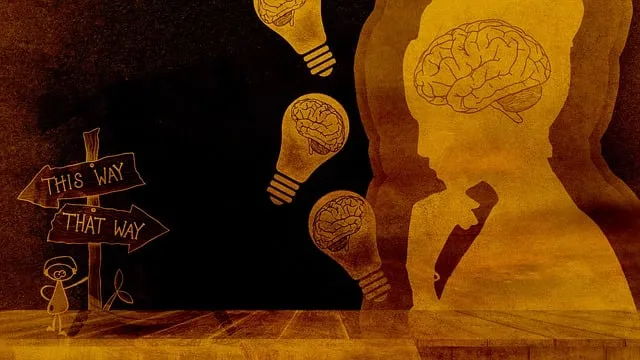In culturally diverse Colorado Springs, Kaiser's mental health programs lead the way in enhancing healthcare quality through strategic cultural competency training. By integrating self-awareness, emotional intelligence, and compassion cultivation, these initiatives ensure tailored care for all patients, revolutionizing mental health services and fostering inclusivity. Through workshops, community engagement, and public awareness campaigns, access to anxiety relief is improved, strengthening the bond between healthcare providers and diverse communities.
In Colorado Springs, cultural competency training for healthcare providers is paramount to ensuring equitable and effective care. This article explores the significance of such training, focusing on the role of Kaiser Mental Health Programs in empowering practitioners. We delve into strategies that enhance cultural competency in clinical practice, highlighting best practices specifically tailored to the diverse landscape of Colorado Springs, with a particular emphasis on the unique contributions of Kaiser’s mental health initiatives.
- Understanding Cultural Competency in Healthcare: Why It Matters in Colorado Springs
- The Role of Kaiser Mental Health Programs in Training Providers
- Implementing Effective Strategies: Enhancing Cultural Competency in Clinical Practice
Understanding Cultural Competency in Healthcare: Why It Matters in Colorado Springs

In Colorado Springs, understanding cultural competency in healthcare is more than a buzzword—it’s a critical component for delivering quality and equitable care to a diverse population. The city’s landscape is a vibrant tapestry woven with threads from various ethnic backgrounds, cultural beliefs, and languages, reflecting its growing and evolving community. This rich diversity presents both opportunities and challenges for healthcare providers, who must navigate complex social, cultural, and historical contexts to offer compassionate and culturally sensitive services.
Among the numerous resources available, Colorado Springs Kaiser mental health programs stand out as pioneers in promoting cultural competency through innovative initiatives. These programs emphasize self-awareness exercises, emotional intelligence, and compassion cultivation practices among their staff. By integrating these strategies, healthcare providers gain deeper insights into their own biases and learn to respond with empathy to patients’ unique needs, ensuring that everyone receives the best possible care tailored to their background and experiences.
The Role of Kaiser Mental Health Programs in Training Providers

In Colorado Springs, Kaiser mental health programs play a pivotal role in enhancing healthcare provider cultural competency training. These comprehensive initiatives are designed to equip medical professionals with the knowledge and skills necessary to address the unique needs of diverse patient populations, fostering an inclusive healthcare environment. By integrating evidence-based practices and strategies tailored to different cultural backgrounds, these programs ensure that providers can deliver effective care that respects and values individual differences.
The focus on cultural competency is particularly crucial in addressing mental health issues, where stigma and miscommunication can significantly impact a patient’s willingness to seek help. Kaiser’s mental health programs facilitate interactive workshops, community engagement efforts, and the development of public awareness campaigns to increase understanding and reduce barriers to care. This holistic approach not only benefits patients by improving access to anxiety relief services but also strengthens the bond between healthcare providers and the communities they serve.
Implementing Effective Strategies: Enhancing Cultural Competency in Clinical Practice

In enhancing cultural competency within clinical practices, healthcare providers in Colorado Springs, such as those involved with Kaiser’s mental health programs, can benefit from strategic implementation. One effective approach is integrating diverse cultural perspectives into training curricula, ensuring that practitioners understand and appreciate various cultural backgrounds and belief systems. This enables them to deliver more personalized care, tailored to the unique needs of each patient. For instance, teaching coping skills development and emotional regulation techniques that resonate with different cultural contexts can significantly improve patient outcomes.
Moreover, role-playing scenarios and case studies should be utilized to simulate real-life interactions, allowing professionals to practice navigating sensitive cultural conversations. Encouraging open dialogue about unconscious biases and promoting empathy further foster an environment where patients feel heard and respected. By combining these strategies, healthcare providers in Colorado Springs can enhance their ability to offer holistic care, addressing not just physical health but also the mental well-being of a diverse patient population, encompassing effective mood management techniques.
In Colorado Springs, cultural competency training for healthcare providers is not just a recommendation but an essential strategy for delivering quality care. The unique demographics of the region demand a nuanced approach to healthcare, and the integration of Colorado Springs Kaiser mental health programs has proven effective in fostering this understanding. By focusing on enhancing cultural awareness and skills, these training initiatives ensure that providers can navigate diverse patient backgrounds, improving outcomes and building stronger relationships within the community. This tailored approach is a game-changer for healthcare delivery, especially in addressing the specific needs of Colorado Springs residents.






